Travel advice and restrictions in November 2020 - what do we have to comply with? The map is constantly being redrawn during this pandemic and what applies today may not apply tomorrow. We summarise the current situation.
Table of contents
World: Extended advisory for non-essential travel
The MFA has now (9 November 2020) decided to extend the advice against non-essential travel to all countries outside the EU/EEA/Schengen area and the UK until 31 January 2021.
This is an advisory and not a prohibition, so you should sheep but the advice is there for a reason, so if you disregard it, be prepared for various problems to arise during your trip. You should also be aware that your insurance may not be valid as usual. Different insurance companies have different rules, but some do not cover costs related to COVID-19 or additional costs due to quarantine.

Europe: Advisories in some countries - own responsibility in others
For the UK and non-EU European countries, the advice against non-essential travel is valid until 31 January. For Estonia, Ireland and Latvia, the advisory on non-essential travel applies until 18 November 2020. For other countries in the EU/EEA/Schengen area, there is currently no advisory.
However, this does not mean that the situation is business as usual, or that travelling anywhere is free. Currently, the spread of COVID-19 is increasing across Europe and regulations in different countries and regions can change from day to day. These include closed borders, restricted entry and exit, quarantine rules and curfews.
You also need to be prepared for situations where shops, restaurants and hotels are closed, and if you fall ill, you risk having to go to medical facilities that are overloaded and on their knees. You can find more information at Ministry of Foreign Affairs website and on Sweden Abroad, and you can also download the app Ready to travel for information on specific countries.
Wherever one travels, a great deal of responsibility rests with the individual traveller. The MFA encourages every traveller to prepare properly for a trip, stay well informed about current entry regulations and follow the advice and instructions of local authorities on the spot.
UD
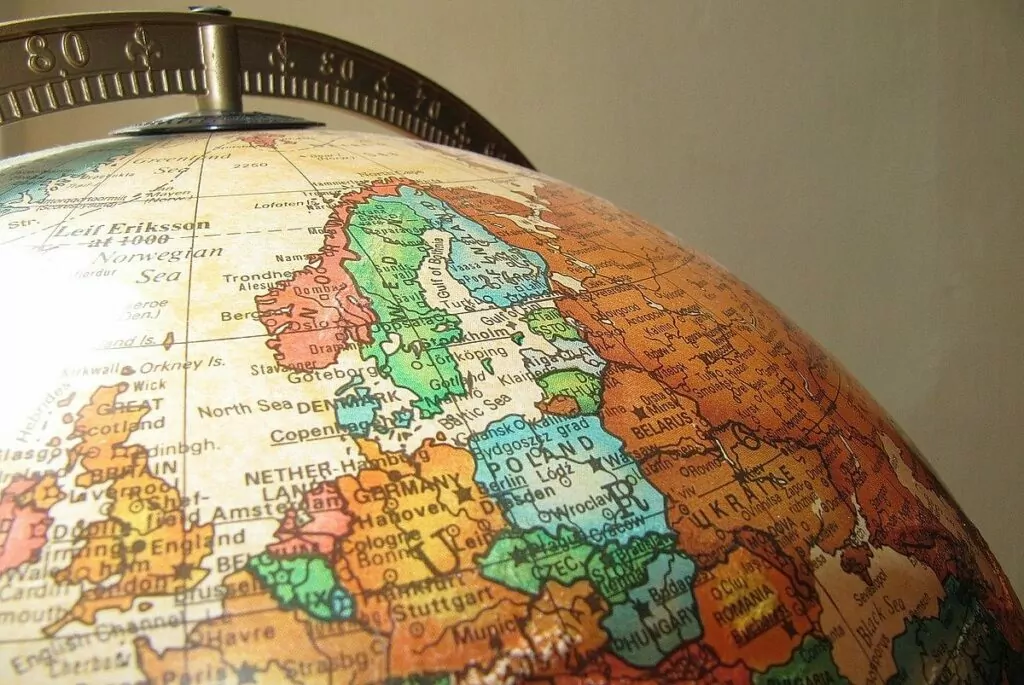
Sweden: Local travel advice
Many regions in Sweden have now introduced local general advice, and you can read the advice at Public Health Agency's website. For example, several regions advise avoiding public transport, avoiding physical contact with people other than those you live with, avoiding meetings and concerts, and avoiding visits to shops (except for essential visits to grocery stores and pharmacies), swimming pools and museums.
Some regions have advice specifically on travel and travelling. In the case of the councils for Blekinge, these can be found at Region Blekinge's website.
- Norrbotten: Avoid making unnecessary journeys both within and outside the region.
- Västerbotten: Avoid making unnecessary journeys both within and outside the region.
- Blekinge: Stay at home. Do not travel anywhere unless it is absolutely necessary. Exceptions are travelling to and from work, studies or healthcare.
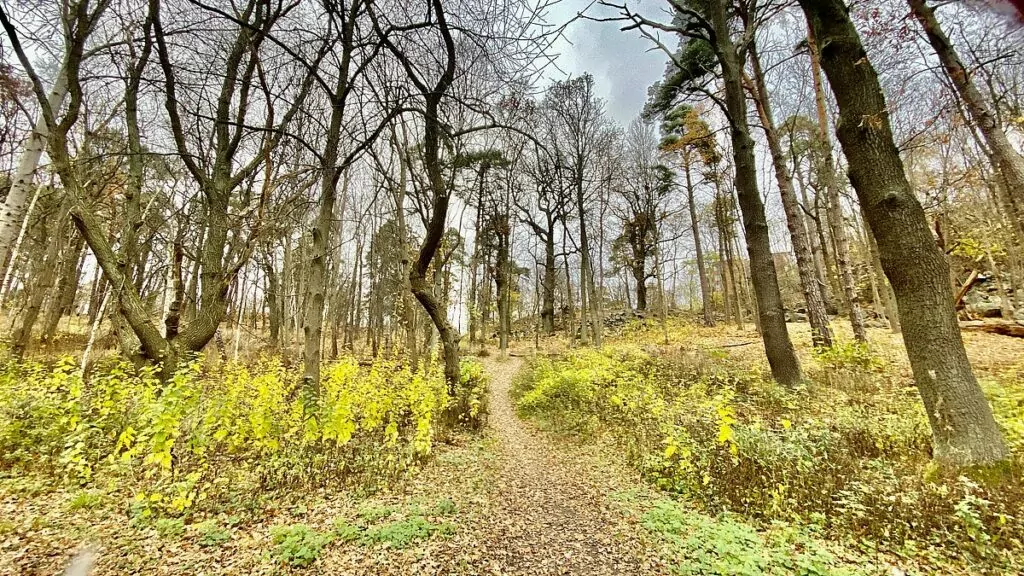
When can you travel 'as usual' again?
Of course, no one knows when it will be safe to travel again, or if anything will ever be "back to normal". Right now, things are not looking too good, as the infection is increasing and the virus seems to thrive in the cold. On the other hand, there have been recent reports that a vaccine may be on its way. Although we may have to wait a while longer, it still feels like a small ray of light in the darkness. In the meantime, keep your distance and stay safe!
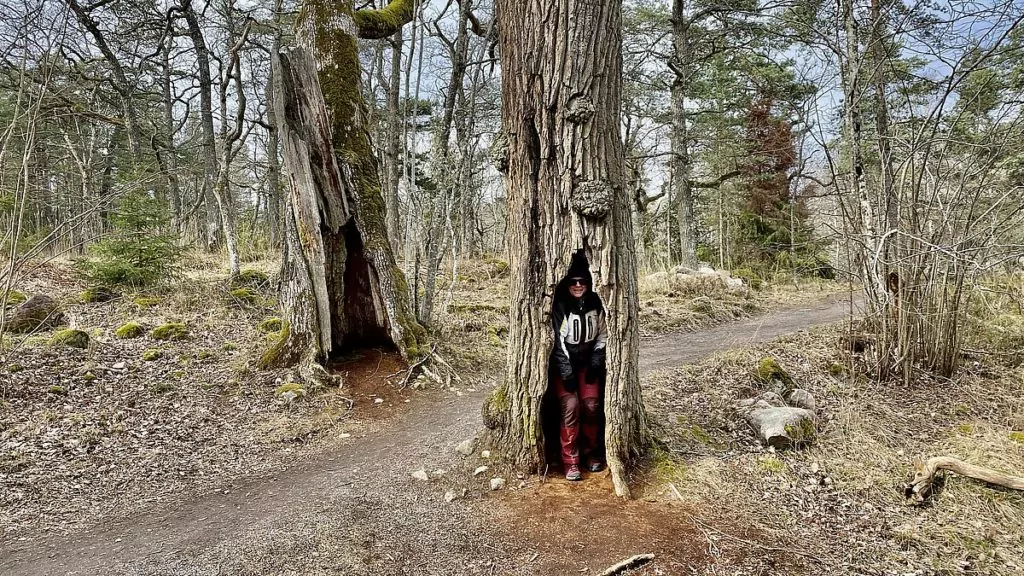
Please note that the information in this blog post is current at the time of writing, but the situation can change quickly. Visit the websites of the Public Health Agency of Sweden, Sweden Abroad and the Ministry of Foreign Affairs for updated information.


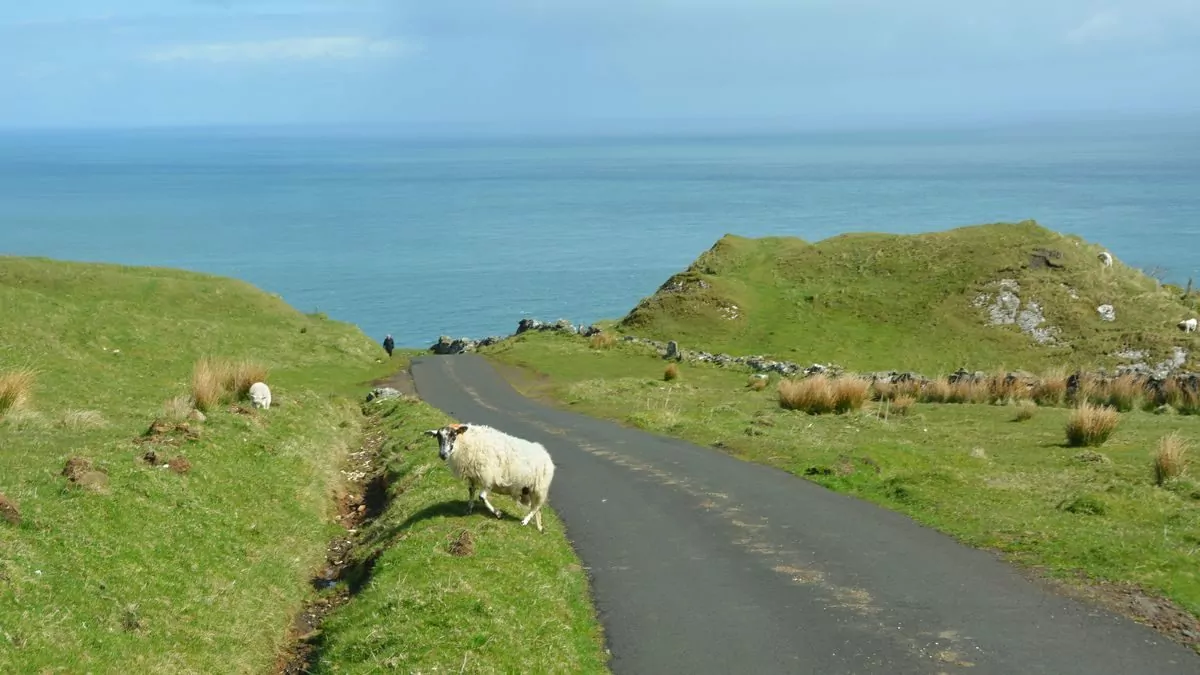








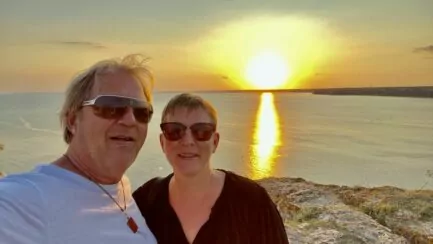

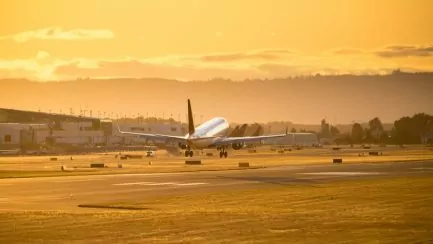






Annika in Spain says:
Yes, dear time... We are not allowed to leave the municipality anymore, not to go to the neighbouring village, so when I drive my daughter to school I have a certificate with me to show in case of a police check, showing that my daughter goes to school in another village.
11 November 2020 - 11:06
Helena says:
Yes, now the misery is back with full force. Take care of yourselves!
11 November 2020 - 18:33
Lena+in+Wales+and+Spain says:
It will be a long time before I can come to Sweden and see my family!
Living in a messy time in Wales with lots of strange laws and rules.
11 November 2020 - 11:11
Helena says:
Yes, it feels like it might take a while. Really a strange and difficult time!
11 November 2020 - 18:34
Veiken says:
Suck - double suck!
Of course, we are ready with passports, money and toothbrushes the moment it becomes reasonably safe to travel. We have a residence permit in Thailand until 25 January. We can forget about that for now.
Also a cruise booked at the end of July. It is not even certain that it will happen! Otherwise, I don't dare do anything that smacks of travelling or moving... positive, right?
11 November 2020 - 14:52
Helena says:
Hope your cruise gets off! There is a good while until then so if we are a little positive, it will happen!
11 November 2020 - 18:35
BP says:
No, I won't be travelling voluntarily, not while the pandemic is raging. And it will continue to do so for quite some time. Will things go back to normal? Sometimes I actually wonder. A new normal perhaps...
11 November 2020 - 19:39
Helena says:
We can possibly travel if things calm down in the spring, but right now, when the infection is increasing and the restrictions are changing every day, no, it doesn't really feel relevant.
12 November 2020 - 9:32
Across the board says:
We sometimes say to each other, that we drove down to our apartment in Spain at the "right time" before it escalated. Had already decided not to fly home over Christmas / New Year and children and grandchildren were ok with that decision. There are good opportunities to see and talk to each other daily anyway. At home in Sweden we had not seen more anyway, because we are not supposed to socialise.....
We bought the travel insurance before we left Sweden and it is valid until spring. Even though we can't go to restaurants in the evening and have a curfew from 10pm to 7am and we are not allowed to leave our municipality, we are very happy to be here. Here we have the light. Our wonderful promenade. The sun The heat Lovely lunch restaurants and tapas bars
But we wouldn't be travelling now!
Take care of yourselves at home!
12 November 2020 - 8:25
Helena says:
You have to follow the advice and restrictions that are in place where you are. Good that you can enjoy the sun and the heat! Yes exactly, here at home we should also avoid socialising (at least in some regions) so it is quite limited here as well. It is mostly outdoors and nature that applies ...
12 November 2020 - 9:35